Subtotal: $1
Plum
Plum
$1
Depending on the variety, the maturity level and also the growing conditions (especially sunlight), the composition of the plum can vary quite significantly.
Despite its often very sweet flavour, plums provide a moderate energy intake for a serving of 150 g, with the total energy intake not exceeding 75 to 100 kcal (313 to 418 kJ).
Plums contain various vitamins:
Vitamin C: its content is modest for a fresh fruit (3 mg per 100 g on average, being at the pear or grape level).
Vitamin B group: like most fruits, plums provide a wide range of B vitamins, which are accompanied by carbohydrates. Provitamin A: depending on whether the plum is purple or yellow, the rate is more or less high, and can reach 0.570 mg per 100 g. Provitamin A or carotene is involved in growth mechanisms and cellular protection, and the daily requirement is estimated to be between 2 and 5 mg. Vitamin E: Plums provide 0.7 mg per 100 g, which is an interesting contribution (most fresh fruit contain less than 0.5 mg, and the need is estimated to be 12 mg per day). With its wealth of water and its potassium to sodium ratio, plums promote the renal function. However, plums are best known for facilitating the intestinal activity. Another favorable element is the presence of sorbitol in relatively large proportions. This substance stimulates the functioning of the gall bladder, and consequently helps to fight against obstipation.
Details
- Packaging: cartons of 5 kg net
- Recommended storage & transport temperature: 0.5 °C
- Relative Humidity: 95
- Freezing Temperature: -0.8°C


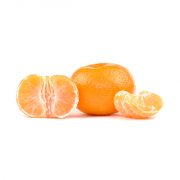 Murkot
Murkot 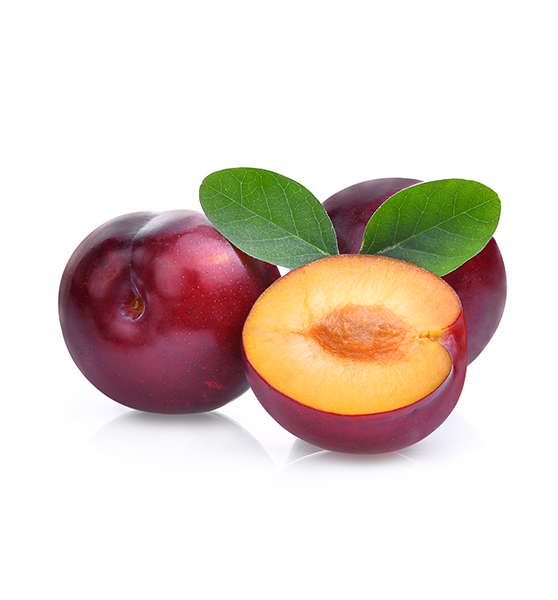
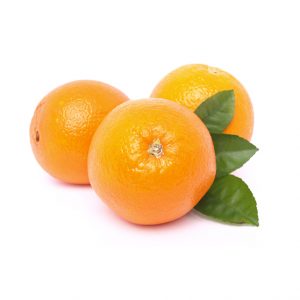
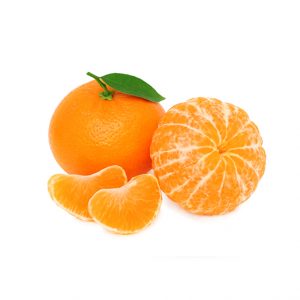
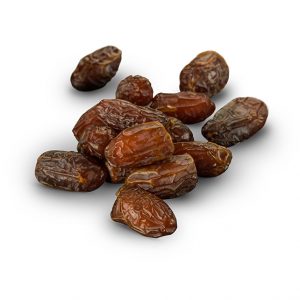
Reviews
There are no review yet.